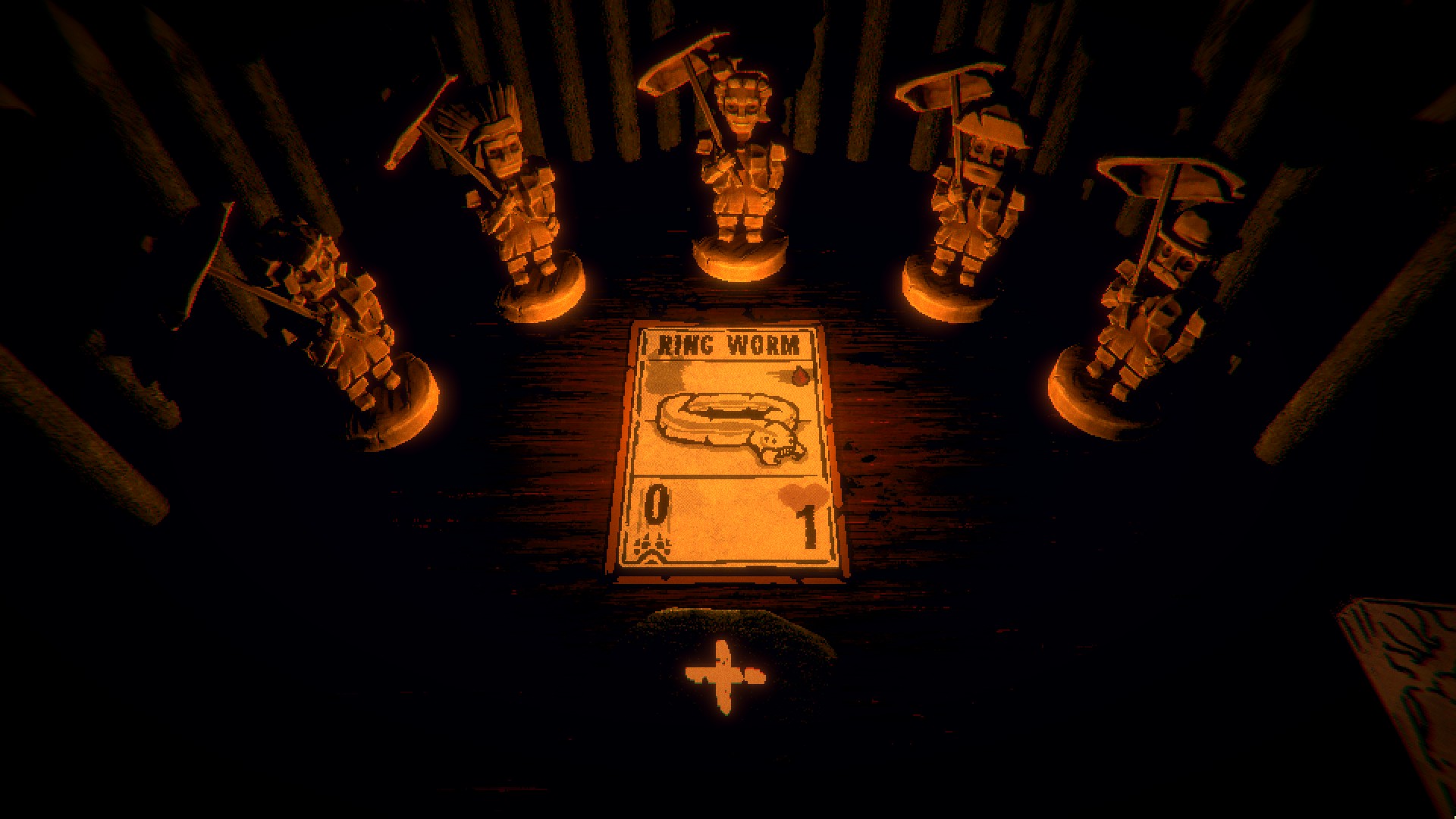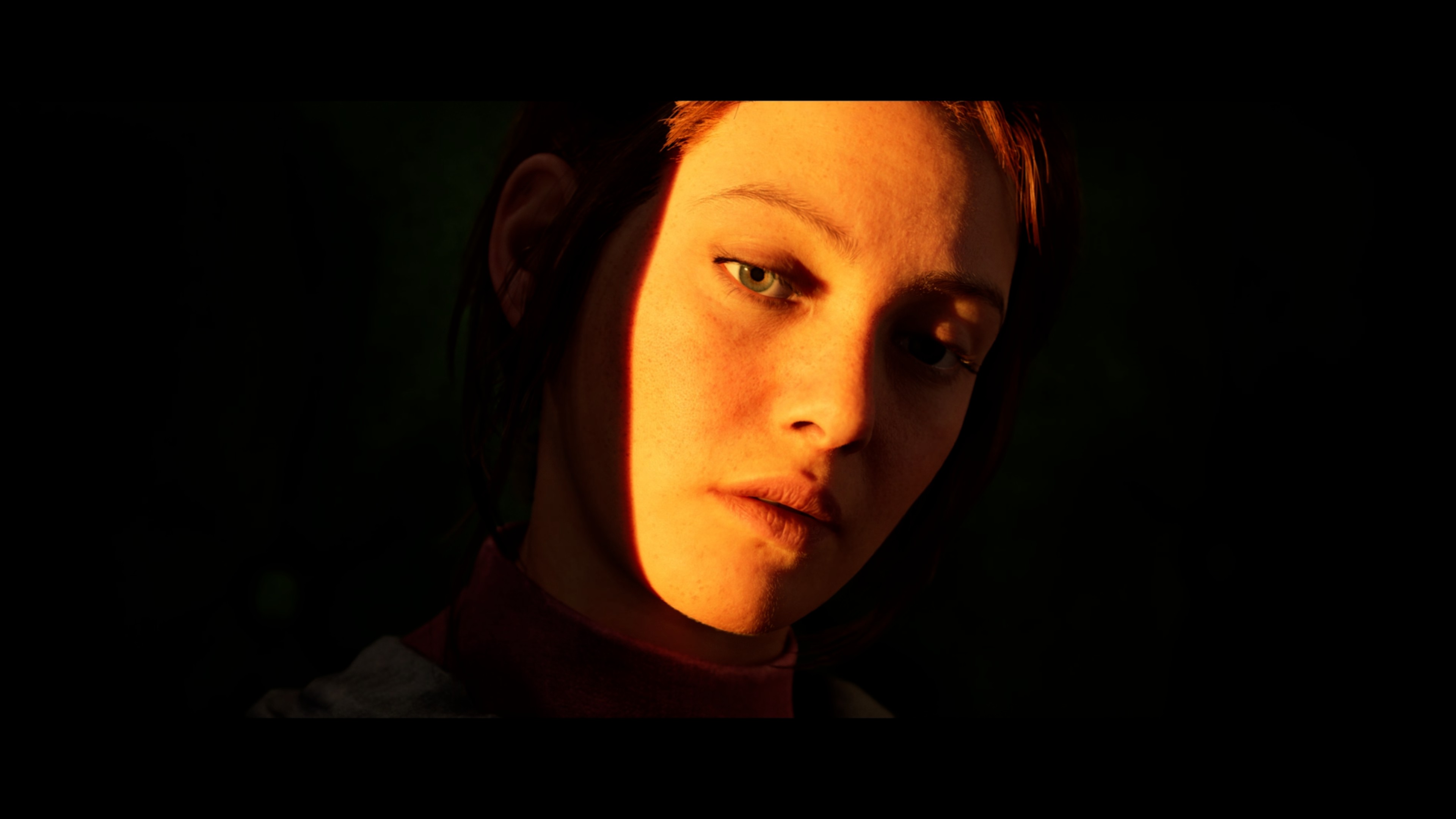Our Verdict
At its best when it's strangest, Inscryption doesn't know when to hold 'em and when to fold 'em.
PC Gamer's got your back
What is it? Part deckbuilder, part puzzle room, part nightmare.
Expect to pay: $18/£15
Developer: Daniel Mullins Games
Publisher: Devolver Digital
Reviewed on: Windows 10, Intel Core i7, 16GB RAM, Nvidia GTX 1060
Multiplayer? No
Release date: October 20
Link: Official site
Sometimes board game night feels like a trap. Everyone else wants to play the latest Kickstarter-funded smash that comes with 100 miniatures and takes an hour to set up, or maybe some European worker-placement game about farms or power plants or colonialism. You may as well just go along with it, because that's how social pressure works. Inscryption turns that situation into grist for horror, trapping you in a spooky cabin where you're forced to play a deckbuilder.
Its villain is a shadowy figure, all staring eyes and long fingers, who patiently waits at the table for the game to start. Though you have to play, under pain of death, you can also get up and stretch your legs. There are shelves of trinkets on the walls, a skull, a safe, a cuckoo clock. They're puzzles to solve as part of the larger puzzle: How do you get out of this cabin?
At Inscryption's best, the card game and environment work in harmony. The solution to a puzzle in the cabin is hidden in the smudgy grimoire that explains the card game's rules, and the reward for solving it is a card for your deck. The two progress in parallel. When I was blocked in one because I needed to bash my head against the other for a while, though, that wasn't so fun.
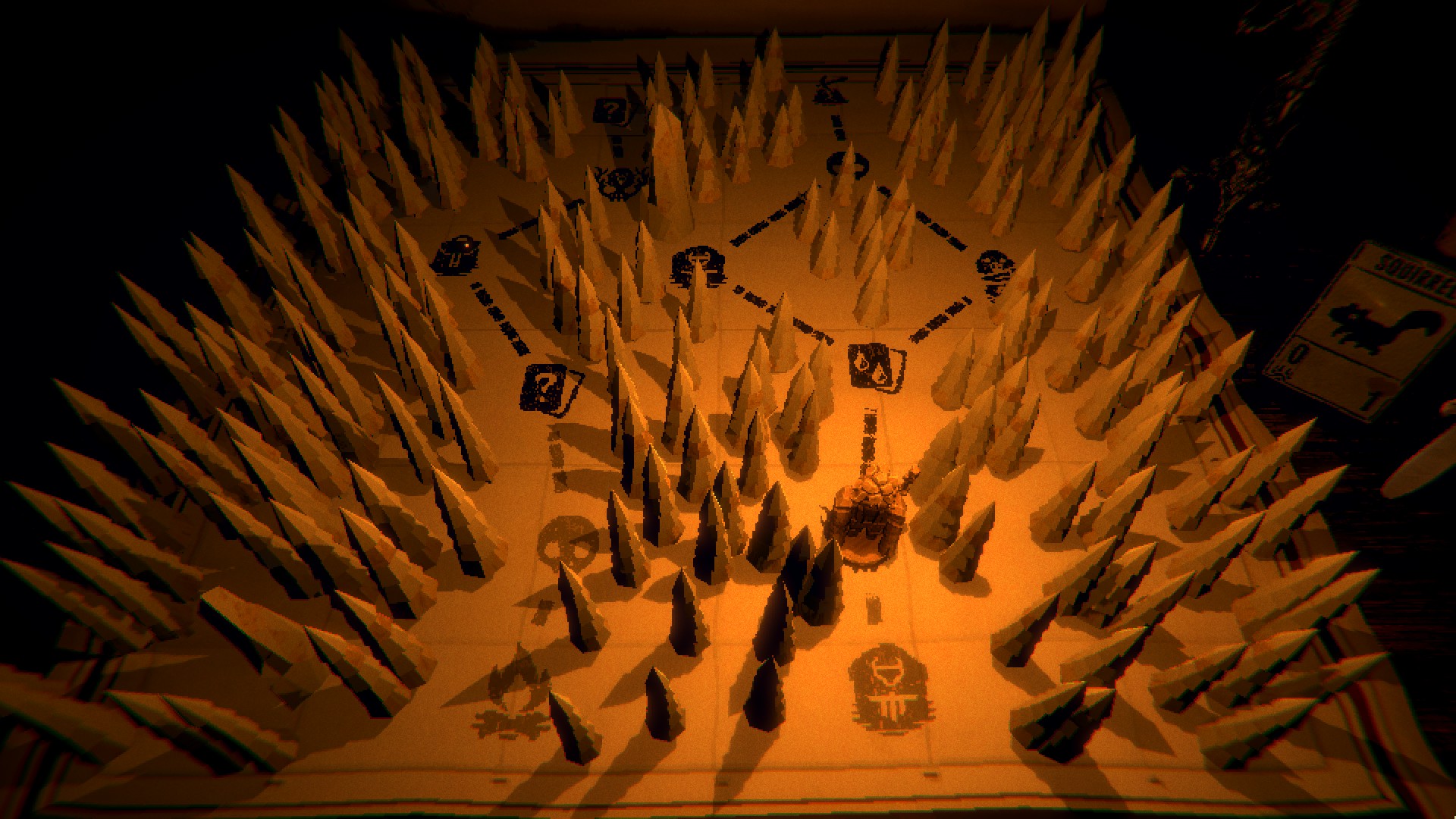
Cabin in the woods
The game within the game may be a deckbuilder, but it's less Slay the Spire and more like the singleplayer mode of a collectible card game—Hearthstone's solo adventures reskinned with a wilderness Americana theme, all rattlesnakes and yeehaw. You collect a deck of animal friends, bullfrogs and wolf cubs and stoats with familiar stats and thematic abilities. The skunk smells so bad enemy cards attacking it have their power reduced; the beaver builds defensive dams.
The mechanics of this card game are wilfully off-kilter and grotesque. Most cards have a blood cost, which has to be paid by sacrificing other cards. (You've got a separate deck of squirrels, free cards worth one blood each, for this purpose.) Rather than being measured in hit points, damage against you and your opponent is counted in teeth, which fall into a pair of scales. You need to get ahead by five teeth to win a round. There's an item sitting on the table that promises to help you tip the scales. It's a pair of pliers.
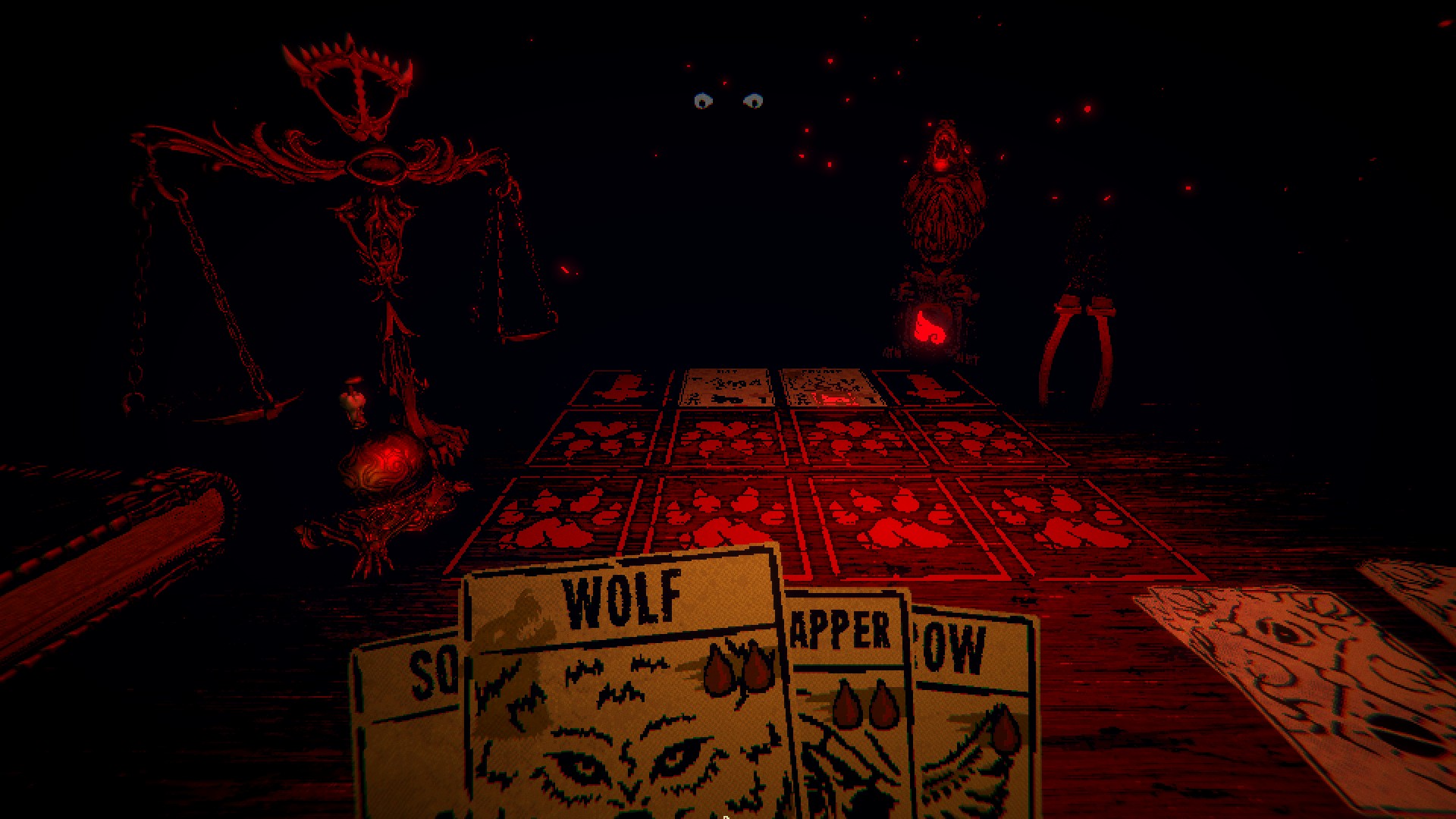
Your opponent isn't simulating another player and doesn't play by the same rules. He's more like a Dungeon Master or the Dealer from Hand of Fate, narrating encounters and putting on voices and masks to portray NPCs as you cross a map. "Thar's gold in them cards!" he hollers as the prospector, a boss enemy whose pickaxe transforms cards into rocks. Then he takes off the mask and sets up some minis around a campfire to play out a scene with suspicious, starving travelers who offer to warm one of your beasts by their fire. He may be a murderous kidnapper, but he puts in so much effort I kind of respect him.
When Inscryption revealed more layers—I won't spoil exactly what, but they're significant—it felt more like a chore than a revelation.
I spent hours in The Elder Scrolls: Legends playing through the singleplayer storylines, which are fun for their twists: A stone wall across the middle of the table; a storm-tossed pirate ship that slides cards back and forth. Inscryption's twists can be just as novel. For one match, every wolf card gains the ability to fly; in another, a hook drags my cards across the board and turns them against me.
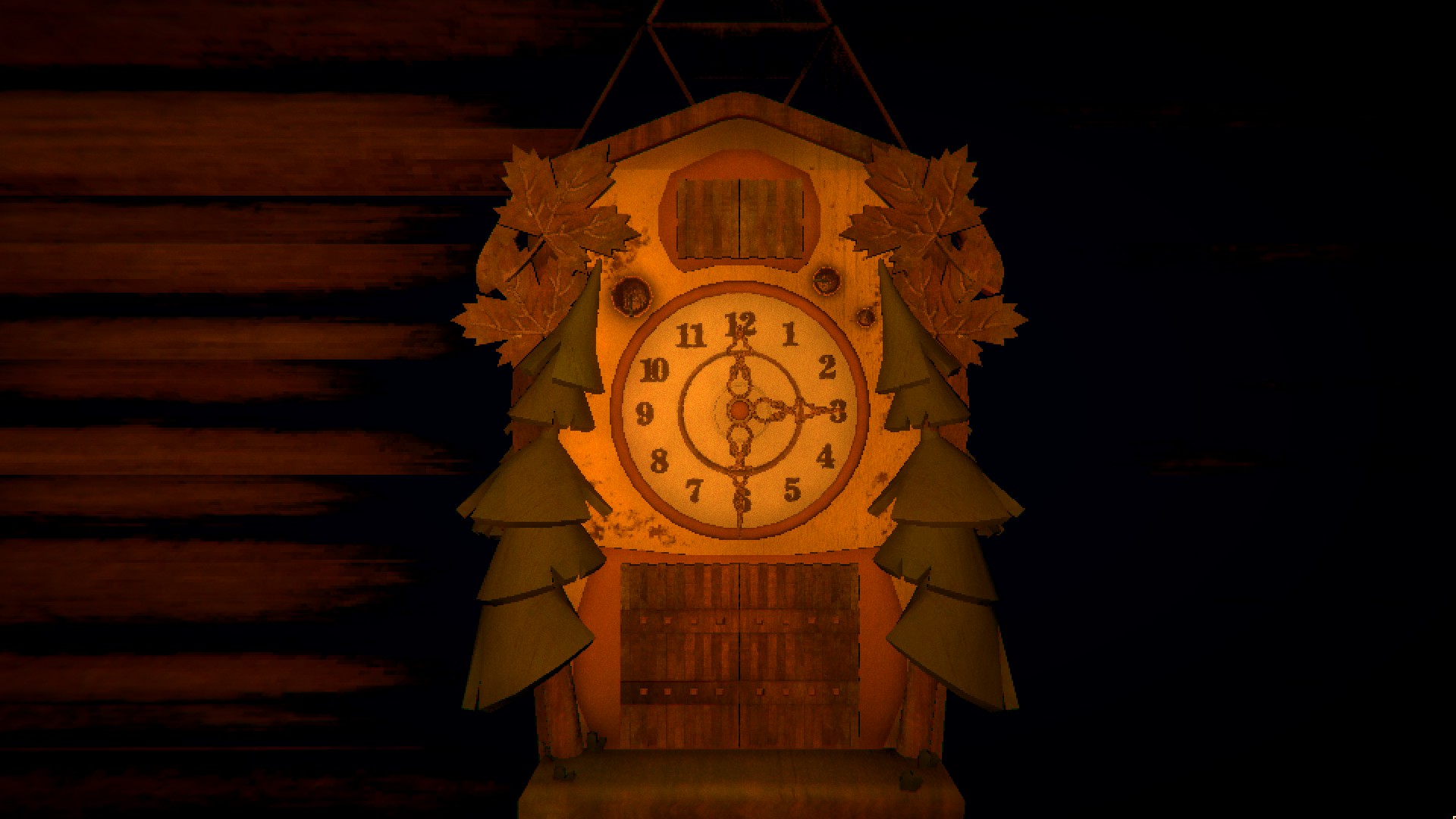
You just activated my trap card
Like most deckbuilders, Inscryption is run-based. Losing means starting over, though you get to design one new card to be found in future runs, and they can be obscenely overpowered if you do it right. Plus, any solved puzzles in the cabin remain solved. Initial defeats still felt like progress, but after my first successful run I had to solve another puzzle and then repeat the victory, and that was when it became a drag. The multi-stage boss battles are initially full of surprises—trading animal pelts for OP cards, for example—that become more chore-like each time they're repeated. The lovely creepiness of a game in which cards beg not to be sacrificed and fungal doctors offer to saw them apart and stitch them together was eroded by repetition.
Those layers I mentioned can't be discussed without spoiling them, but if you don't mind that, here you go. Inscryption's second act is a 2D pixel-art RPG in the style of the Pokémon Trading Card Game, trading horror for whimsy, and a one-card-at-a-time deckbuilder for a CCG where I have to construct a viable deck of 20+ cards from a collection, then tweak it as I earn booster packs. Though there's an automate option it doesn't create competitive decks, and I found manual deck construction a chore. Get through this and there's a third and final act, which returns to something more like the first only with a sci-fi theme, but Inscryption lost me before that. I preferred being trapped in a spooky cabin to being trapped in a succession of less interesting videogames.
Inscryption is the work of Daniel Mullins Games, who previously made Pony Island (in which the Devil forces you to play a buggy auto-runner for eternity), and The Hex (in which videogame characters relive flashbacks to different genres they've been in). All three are games about games, more layered than a winning Great British Bake Off cake. When Inscryption revealed more layers—I won't spoil exactly what, but they're significant—it felt more like a chore than a revelation. Where Pony Island was lean and pointed, Inscryption is more like The Hex, which was overstuffed with ideas and didn't do all of them justice.
In its initial hours, Inscryption is an eerie delight full of mystery. That feeling fades long before it ends, and now I think I'd prefer if board game night moved on and we played something else, even if it is some Kickstarter nonsense that comes with five kilograms of plastic figurines and takes half the night to explain.
At its best when it's strangest, Inscryption doesn't know when to hold 'em and when to fold 'em.

Jody's first computer was a Commodore 64, so he remembers having to use a code wheel to play Pool of Radiance. A former music journalist who interviewed everyone from Giorgio Moroder to Trent Reznor, Jody also co-hosted Australia's first radio show about videogames, Zed Games. He's written for Rock Paper Shotgun, The Big Issue, GamesRadar, Zam, Glixel, Five Out of Ten Magazine, and Playboy.com, whose cheques with the bunny logo made for fun conversations at the bank. Jody's first article for PC Gamer was about the audio of Alien Isolation, published in 2015, and since then he's written about why Silent Hill belongs on PC, why Recettear: An Item Shop's Tale is the best fantasy shopkeeper tycoon game, and how weird Lost Ark can get. Jody edited PC Gamer Indie from 2017 to 2018, and he eventually lived up to his promise to play every Warhammer videogame.
